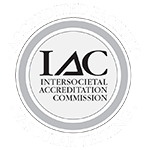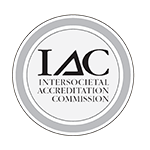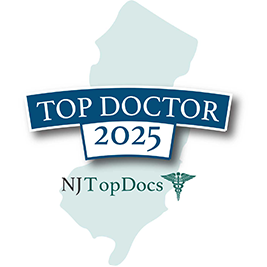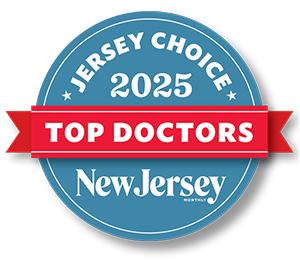
When people think of varicose veins, they often associate them with older adults. But at the Vein Institute at The Cardiovascular Care Group, we see plenty of younger patients — some in their 20s and 30s — who are surprised to learn they have vein disease.
The truth is, you don’t have to be older to develop varicose veins or chronic venous insufficiency. In fact, several risk factors can lead to vein problems earlier in life, and recognizing the signs can help you seek treatment before symptoms progress.
Understanding Vein Disease
Vein disease, also known as chronic venous insufficiency (CVI), occurs when vein valves in the legs stop working properly. Instead of keeping blood flowing upward to the heart, these weakened valves allow blood to pool in the legs, which can cause:
- Varicose veins
- Leg swelling
- Aching, cramping, or heaviness
- Skin changes or discoloration
- In severe cases, leg ulcers
Why Would a Young Person Have Vein Issues?
There are a few key reasons why younger individuals might develop varicose veins or CVI:
-
Genetics
Family history is one of the most significant risk factors. If one or both of your parents had varicose veins, there's a higher chance you’ll experience them too—sometimes even in your teens or early adulthood.
-
Pregnancy
Some women develop varicose veins during their first pregnancy, often in their 20s or 30s. Hormonal changes, increased blood volume, and added pressure on the veins from the growing uterus all contribute to this.
-
Trauma or Injury
A sports injury, fall, or accident that damages the veins can disrupt normal blood flow and lead to chronic vein problems—even in very active individuals.
-
Lifestyle Habits
Jobs or routines that involve prolonged standing or sitting, wearing tight clothing, a lack of movement, or carrying excess weight can all increase the pressure in leg veins and lead to early vein issues.
Symptoms to Look Out For
Even in younger patients, vein disease can show itself in subtle ways. Keep an eye out for:
- Visible varicose veins or clusters of spider veins
- Tired, achy, or heavy legs—especially at the end of the day
- Swelling in the lower legs or ankles
- Itching or tingling near visible veins
- Skin darkening or hardening around the ankle area
If these symptoms sound familiar, don’t wait. Vein disease is progressive, meaning it can get worse over time without treatment.
Modern Treatment Options
The good news is that vein treatment today is easier than ever—no hospital stays, no stitches, and little to no downtime. At the Vein Institute at The Cardiovascular Care Group, we offer:
- Ultrasound-guided evaluations
- Endovenous laser and radiofrequency ablation
- Ultrasound-guided sclerotherapy
- Microphlebectomy
These procedures are minimally invasive, performed in-office, and tailored to your needs—whether you’re looking for symptom relief, cosmetic improvements, or both.
Young Doesn’t Mean Immune
Just because you’re young doesn’t mean your veins are immune to disease. Whether you’re noticing early signs or already dealing with symptoms, the specialists at the Vein Institute at The Cardiovascular Care Group are here to help you take the right steps toward healthier legs.
Schedule your vein consultation today and find out how we can help you feel better, move easier, and take control of your vascular health — at any age.







_2.jpg)